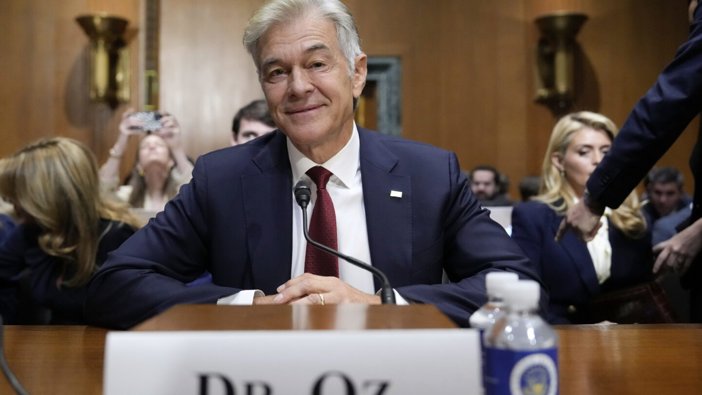
Trump Health Chief Defends Medicaid Reforms for Rural Hospitals
Trump’s top health official rebuts Democrat warnings, claiming Medicaid reforms will help—not harm—rural hospitals.
Trump Administration Counters Rural Hospital Criticism
A leading Trump administration health official has pushed back against Senate Democrats’ warnings that GOP-led Medicaid reforms will harm rural hospitals, instead insisting the measures will strengthen care for rural Americans. Dr. Mehmet Oz, Administrator of the Centers for Medicare and Medicaid Services, dismissed what he called “misleading talking points” from Democratic lawmakers and healthcare lobbyists, asserting that the Republican plan targets inefficiencies in urban systems while investing in rural care.
The controversy erupted as Senate Majority Leader John Thune and his Republican colleagues raced to finalize President Donald Trump’s flagship healthcare bill before the July 4 deadline. The Senate Finance Committee’s draft includes sweeping provisions to eliminate waste, fraud, and abuse in Medicaid, such as imposing work requirements and barring undocumented immigrants from benefits. One of the most debated elements is a revision to the Medicaid provider tax rate—a move that triggered criticism from both parties.
Senate Minority Leader Chuck Schumer and Democratic senators Ron Wyden and Jeff Merkley warned in a letter to Trump and congressional leaders that these changes could endanger more than 300 rural hospitals nationwide. Their concerns are echoed by some Republicans who worry that changes to provider tax structures could inadvertently reduce hospital funding and limit access to care for working Americans.
Oz: Urban Abuses Targeted, Rural Investment Promised
Dr. Oz countered these criticisms, arguing that “only 5% of inpatient Medicaid spending happens in rural communities,” and that the reforms primarily address “abuses overwhelmingly utilized by large hospitals with well-connected lobbyists.” He emphasized that the administration’s approach is to “preserve and improve access to care in rural communities with a transformative approach that bolsters advanced technology, invests in infrastructure, and supports workforce — rather than propping up a system that mostly benefits wealthier urban areas.”
Supporting Oz’s stance, the Paragon Health Institute—aligned with Trump—charged that special interests are “flooding the airwaves with claims” about rural hospital closures, but argue such fears are overblown. They pointed to recent studies warning of rural hospital shutdowns, but claimed these were based on changes to federal funding formulas not included in the current bill.
Despite assurances, some Republicans remain uneasy about lowering the provider tax rate. While the House version of the bill would have frozen rates for non-expansion states, the Senate’s proposal reduces the tax rate annually in expansion states until it reaches 3.5%. The House approach, critics argue, offered more stability for rural providers.
Path to Compromise Remains Unclear
With disagreement persisting, Sen. Susan Collins is developing a possible amendment to establish a relief fund for hospitals, aiming to ease bipartisan concerns over the new funding formula. As lawmakers continue negotiations, the outcome will shape the future of Medicaid, rural hospital funding, and access to care for millions of Americans.
The debate underscores the complex balance of reforming the nation’s largest healthcare safety net while safeguarding vulnerable rural communities. As the July 4 deadline approaches, all eyes remain on Congress and the Trump administration to see if compromise can be reached.






